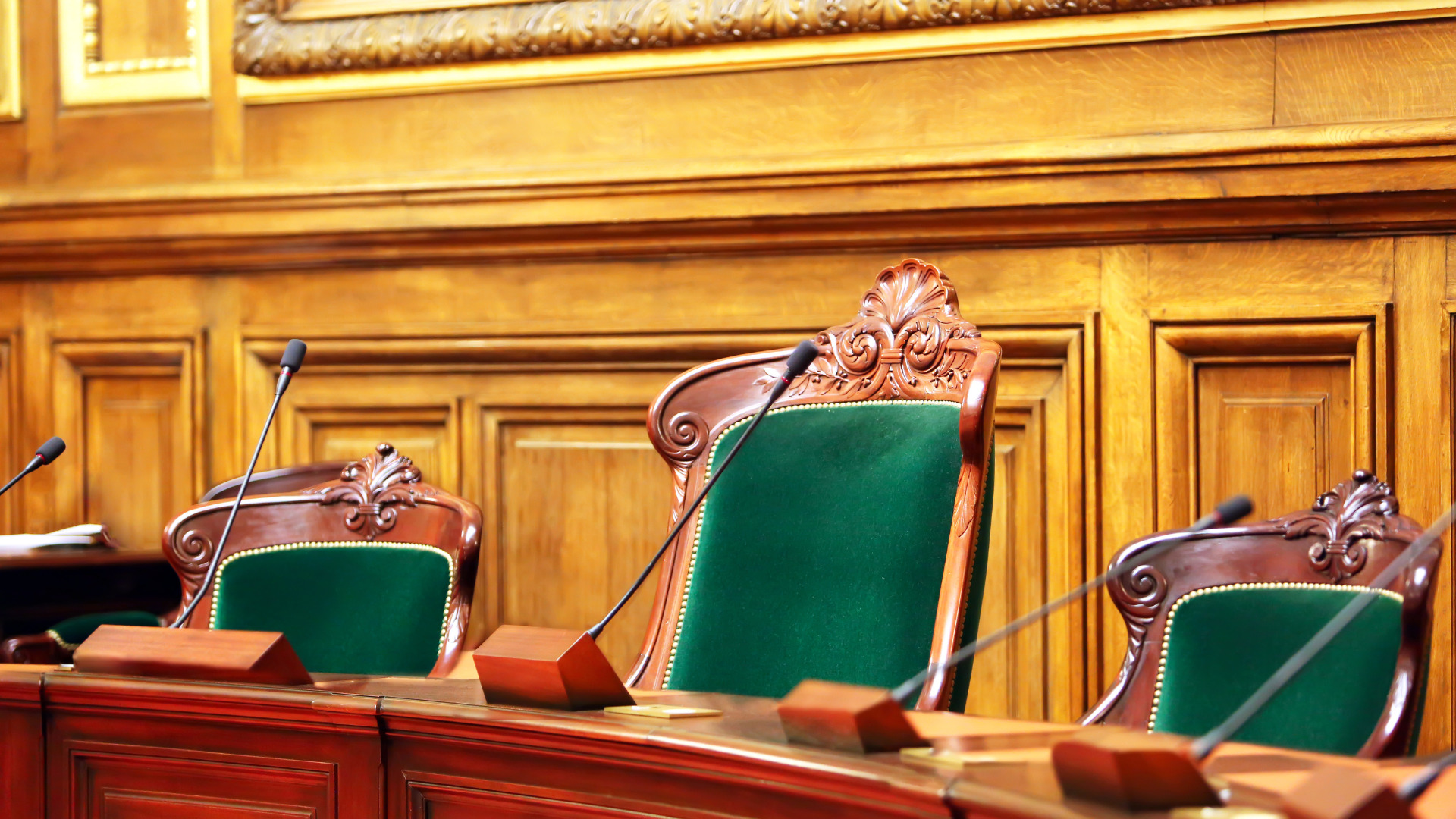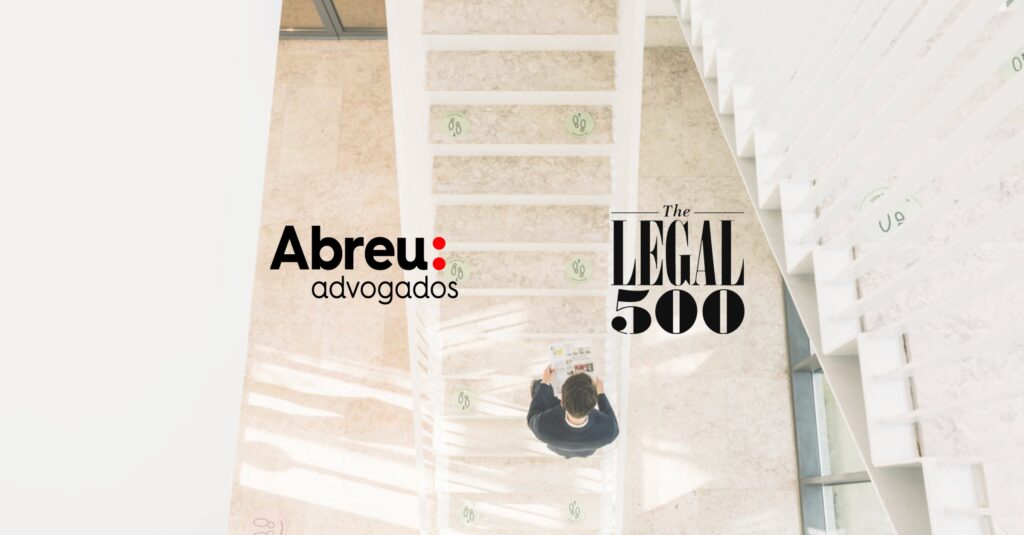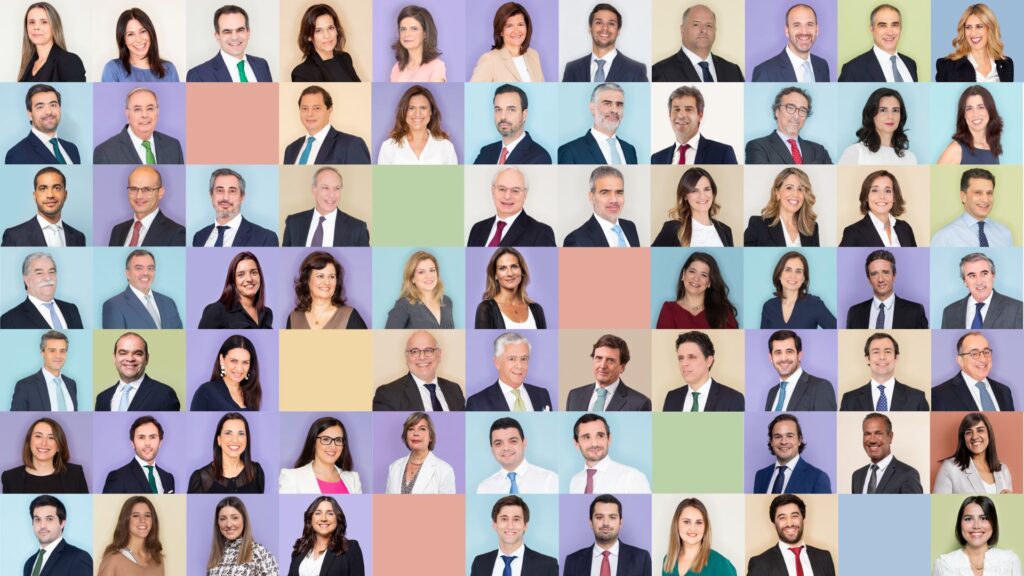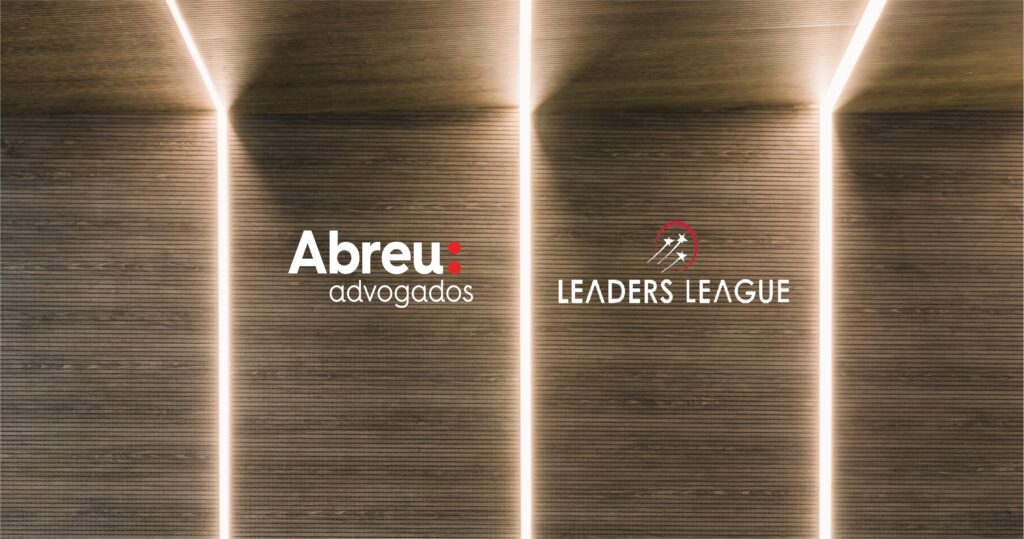Get to know the Law on pardon of penalties and amnesty for offences
On the occasion of the World Youth Day being held in Portugal, the Assembly of the Republic enacted, pursuant to Article 161(c) of the Constitution, Law N.º 38-A/2023, of August 2nd, which establishes a pardon of penalties and an amnesty for offences.
This law will come into force on September 1st, 2023 and provides as follows:
Who does this diploma apply to?
Young people aged between 16 and 30 at the time of the facts.
What offences does it apply to?
Crimes, administrative offences, disciplinary sanctions (including military sanctios) committed until the 19th of June 2023.
What pardon is granted?
A pardon of 1 year is granted for prison sentences of up to 8 years.
Is there only a pardon for prison sentences?
No, there is also a pardon for:
- Fine sentences of up to 120 days as the principal sentence or as a substitute for imprisonment;
- Subsidiary imprisonment resulting from the conversion of the fine sentence;
- Imprisonment for non-compliance with the substitute fine sentence;
- Other substitute sentences, except for the suspension of the execution of the prison sentence subject to the fulfilment of duties or rules of conduct or accompanied by probation.
Does pardon/amnesty benefit all types of crimes?
No, the following crimes are excluded:
- Crimes of murder and infanticide;
- Crimes of domestic violence and ill-treatment;
- Crimes of serious physical harm, female genital mutilation, trafficking in human organs and aggravated physical harm;
- Crimes of coercion, persecution, forced marriage, kidnapping, slavery, trafficking of people, abduction and hostage-taking;
- Crimes against sexual freedom and self-determination;
- Crimes of abuse of trust or swindling, when committed by means of forgery of documents;
- Crimes of extortion;
- Crimes of discrimination and incitement to hatred and violence and of torture and other cruel, degrading or inhuman treatment, including in its severe form;
- Crimes of arson, explosions and other especially dangerous conduct, forest fire, damage to nature and pollution;
- Crimes of dangerous driving of a road vehicle and driving while intoxicated or under the influence of narcotic drugs or psychotropic substances;
- Criminal association offences;
- Crimes against national sovereignty and against the realization of the rule of law, including the crime of influence peddling;
- Crimes of prison escape and riot;
- Money laundering;
- Corruption;
- Crimes of embezzlement and economic participation in business;
- Crimes of terrorism;
- Crimes likely to affect the truth, fairness and correctness of the competition and its outcome in sporting activity;
- Crimes of fraud in obtaining a subsidy or grant, misappropriation of a subsidy, grant or subsidized credit and fraud in obtaining credit;
- Corruption crimes foreseen on the Militar Justice Code;
- Weapons trafficking and brokering offences;
- Crimes foreseen on Cybercrime Law (Law nr. 109/2009, of September 15th;
- Assisting illegal immigration;
- Drug trafficking;
- Crimes related to racism, xenophobia and intolerance in sports performances;
- Crimes against children, young people and especially vulnerable victims;
- Crimes committed while holding a political office or high public office, judicial magistrate or public prosecutor, in the exercise of functions or because of them.
Are there any restrictions on who can benefit from the pardon/amnesty?
There are, the beneficiaries cannot be:
- Those convicted in a relatively indeterminate sentence;
- Repeat offenders;
- Members of the police and security forces, the armed forces and officials in relation to the commission, in the exercise of their functions, of offences that constitute a violation of citizens’ rights, freedoms and personal guarantees, regardless of the penalty;
- Offenders who committed under the influence of alcohol or narcotic drugs, psychotropic substances or products having a similar effect.
Are there any conditions attached to this pardon?
Yes, it is only granted under the resolutive condition that the beneficiary does not commit an intentional offence in the year following its entry into force and pays any indemnity related with the offence within 90 days.
When does this law enter into force?
On the 1st of September 2023
What happens to the instruments used to commit the amnestied offence and the products and advantages derived from it?
They are forfeited in favor of the state.
Can the amnesty be refused?
Yes, defendants may request, within 10 days of its entry into force, for the amnesty not to be applied to them.
What happens to the civil liability arising from the amnestied facts?
It is not extinguished, but the injured party is entitled to civil damages. The action that has already begun may even continue only for the assessment of the claim for civil damages.
What happens in cases of conviction in legal cumulation?
The pardon applies to the single sentence.
What if the defendant has already benefited from a previous pardon?
The pardon granted by this law is materially additional to previous pardons.































